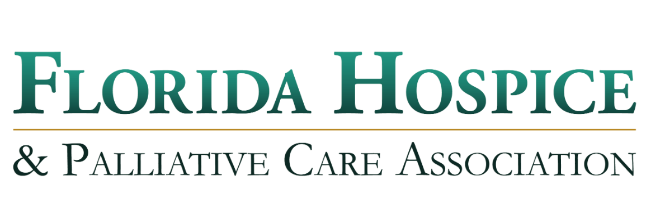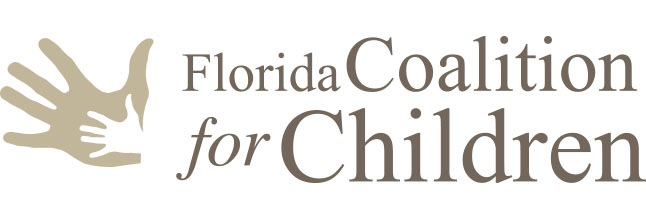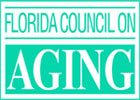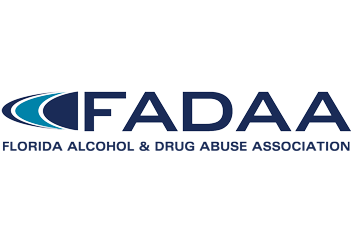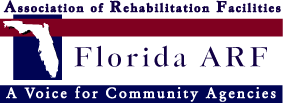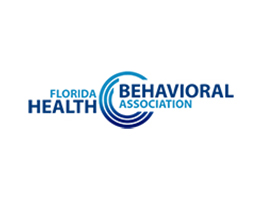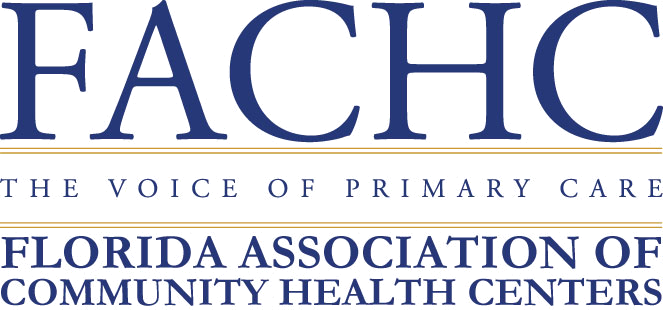It’s summer. It’s hot.
So today’s post is an easy one: no heavy lift, and maybe a little help.
Here’s a grab bag of free or cheap tools I use and like.
Remember, sometimes, free isn’t so free – the time and effort you put into something matters. As does experience and skill. Paying for something critically important to your work makes sense. That’s why you don’t see a list of “free donor management systems”. Because other than Bloomerang’s “lite” version, I don’t know of any that make sense. Your data is critical – a system for that is worth the investment.
Free photos
There are many sites that offer photographs and sometimes graphics, for free, without restrictions and sometimes without asking for attribution. Never, ever, just copy something you saw online without being sure it’s available for your use.
My first stop is often Google. Click images/tools/usage rights/labeled for reuse. This gives you a nice idea of what’s out there. Be sure to read carefully, though – some require attribution in a certain format.
Here are some sites with interesting photos to choose from:
Gratisography – Ryan McGuire has a distinct style, but his photos stand out!
Unsplash – a collection of photos from many artists. Many beautiful scenery shots. You’re not required to credit the artists, but you should.
Reshot – good photos that don’t look like stock photography.
Pexels, Pixabay – good collections and easy to sort.
Death to the Stock Photo – some photos right at the site, but sign up (free) and get packs of photos to download.
Photo editing
Can’t afford Photoshop? You have some alternatives.
Try Gimp. With a similar workspace and endless plugins, you can probably do most of what you need with it. If you already have Photoshop skills, you’ll find it easy to work with. If you don’t, it’s easy to learn as you go.
LightZone is open-source digital darkroom software. Worth it just for the ease of a “relight” function!
Inkscape is a vector graphics editor. Why would you need that? Well, if you want to make scanned signatures that really look good, this is your tool. I’ve also used it when I’ve added handwritten notes to appeals.
Graphic Design
Yes, I know Microsoft offers Publisher. And that’s handy, for sure.
But if you need something different, try Serif PagePlus. There is a paid version (that’s actually being phased out) that’s inexpensive. But there’s also a free starter edition here.
And if you haven’t already, try Canva. Great for simple projects, and very easy to use!
Office applications
If your organization doesn’t have Microsoft Office, there are alternatives.
Of course, you know about Google’s suite of tools. But if you’re offline, not so good.
I’ve used SoftMaker’s FreeOffice. Not quite as smooth as MS, but workable. And it will save documents in standard MS formats, which make it easy to switch back and forth.
Need to change or update PDFs? Try PDFescape. You can create, edit and save your documents.
Tools for writing
Here’s where I go tool-happy. I don’t use all of these daily, but I have found them all to be quite handy.
Hemingway is a marvelously useful tool to check your writing. Simply copy and paste your text into the editor. You will learn which sentences are hard – or very hard – to read. It will keep an eye on adverb abuse. And it will grade your writing (that is, tell you what grade level you’re writing at – lower is usually better.)
Emotional Marketing Value Headline Analyzer Checking the headline in a publication? Need a subject line that will connect? Plug in your ideas here.
Headline Analyzer CoSchedule’s analyzer gives you some interesting details – including how many “power words” you’ve used. Sometimes the results are quite different from the analyzer above. I use both and decide.
Maybe you want a third opinion? Try SubjectLine, another subject line tester.
Need a little moment to moment assurance about your grammar? Install Grammarly into your browser, and it will follow you around and warn you before you do something you’ll regret later. (I do have to argue with it sometimes when I’m right and it’s wrong. Just a warning.)
Beware clichés! The Cliché Finder will help you find them so you can root them out.
Erica Mills is one of my favorite word nerds. Try her Wordifier for guidance on whether to use a word or not.
One of writings challenges is taking complex ideas and making them easy to understand. Think you’re a master? Try the Up-Goer Five Text Editor.
One of the keys to great writing is simplicity. Often a perfectly good little word is pushed aside for something fancy. That’s a mistake. Try Ironic Sans(the shorter thesaurus) to find a better, shorter synonym.
Do you have a tendency to, like, write, like the same words, like all the time? WriteWord’s Word Frequency Counter can find out for you. They also have one to check phrase frequency.
One great way to test your writing: read it out loud. But sometimes, it’s even better to hear someone else read it. Try TTSReader. You can even ask it to read to you in different accents! (Hat tip to Sheena Greer for this one!)
Does your organization blog? Here is a thorough round-up of advice for you.
This last one, Tone Analyzer, is more of an experiment for me now. It’s somewhat helpful but very interesting. Worth looking at to see for yourself.
Source: Hands On Fundraising
Author: Mary Cahalane


